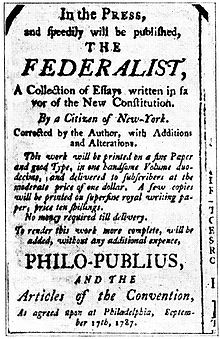
President Eisenhower's farewell address relates to Washington's in that he, like Washington, warned America of things to come.
Summary of Washington's Farewell Address 1796- In 1796, George Washington gave his Farewell Address to say that he was retiring from his job as President. In this he mentioned multiple things that America had to do in the future to make it successful. He also talked about what people had to do in order to make sure America kept growing and becoming more successful. Washington also made sure to warn people of all the possible bad things that could happen if they split apart and became dis-unified, and that the country would only have success if their was unity between states. He reminded people that the Constitution is a very important document, but it could be changed in the form of amendments if there was something not right or missing about it, but only if they benefited the country. To continue, Washington thought that political parties may be good in order to check the government's administration, but it may cause harm to the development of America. He also talked about other checks and balances in the federal government. He talked about morality, religion, the importance of knowledge, as well as the proper use of borrowing money and credit from the government. Furthermore, he warned people and America in general about avoiding getting into foreign alliances because at some point America may not agree with them or they may even be dragged into a war. Lastly he told Americans to stay out of European wars and remain neutral. Overall, he set many precedents with his presidency such as, only serving two terms and also staying neutral in foreign affairs.


